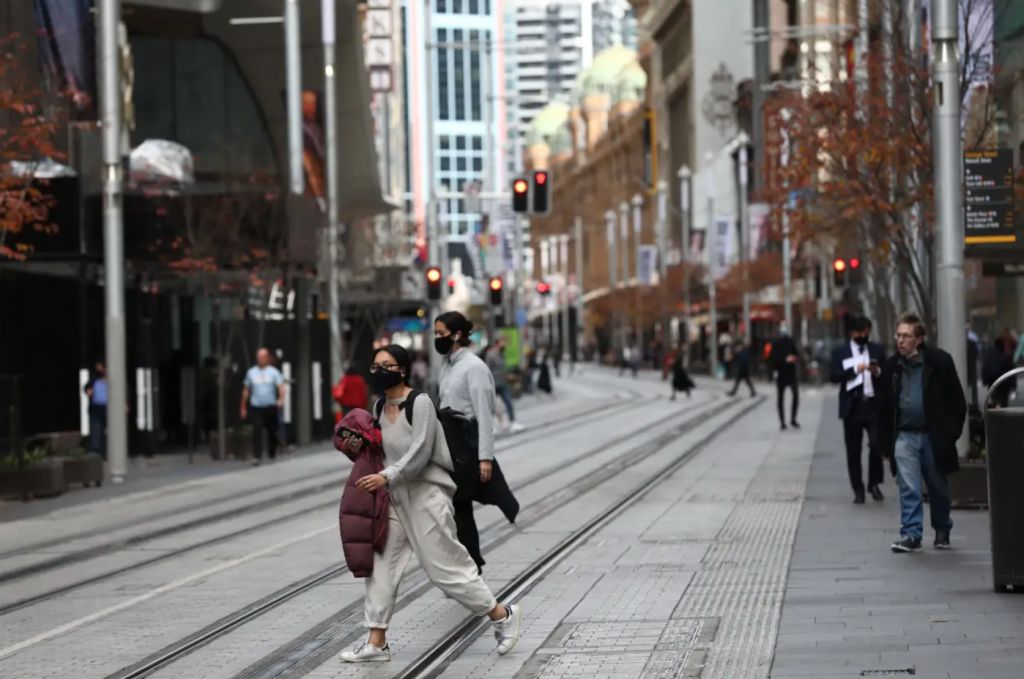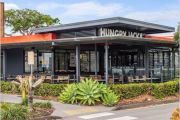
Rebound for top mall owners may be over before shops even open
The reopening rebound expected for the country’s largest listed retail landlords, Westfield-operator Scentre and Vicinity Centres, may be priced into their stock well before any doors open, say Macquarie Research analysts.
That conclusion follows a comparison with major retail landlords in Britain, the US and Europe. As the road map toward reopening becomes clearer, particularly in NSW, Scentre and Vicinity have outperformed their real estate investment trust peers by 7 per cent and 5 per cent respectively since the start of August.
Major mall owners abroad, including Hammerson in Britain, Unibail-Rodamco-Westfield in Europe and the Simon Property Group in the US, have surged strongly in the lead-up to reopening compared with industrial landlords, but underperformed the same stocks once reopening was under way, the analysts noted.
Those comparisons show that shopping centre stocks outperform on announcements or anticipation of reopenings, as opposed to the physical reopening itself, even though that is the point at which sales bounced back for tenants in American, British and European malls.
“In addition, moving from pandemic to endemic means learning to livewith the virus, which may result in additional challenges for retail landlords,” the analysts wrote in a client briefing this week.
While there could still be “some upside in valuations for large-cap mall landlords” as they approach a physical opening of non-essential retail in October and November, it was likely to be limited given Scentre and Vicinity had already rallied on the back of a road map to reopening provided by state and federal governments, the Macquarie team wrote.
“We view outperformance from here will rely closer on fundamentals, which in our view, will remain challenged.”
Analysts have been factoring in a strong rebound for retail landlords in particular, amid forecasts that listed property stocks overall could deliver a total return to their investors of as much as 11 per cent over the next 12 months.
But the longer-term prospects for retail property are substantially less rosy than they have been previously, according to BIS Oxford Economics.
“A solid rebound can be expected when restrictions are lifted, but the pandemic has done lasting damage to centre incomes, and we expect it will take four to five years for pre-virus incomes to be regained in regional and subregional centres,” the Oxford team, led by principal property economist Marie Lee, wrote in their analysis.
“Neighbourhood centres are more resilient but will still suffer losses until financial year 2023. Once the pandemic effects are worked through, we’ll return to the fundamental challenges facing retail, namely the threat from the growth of online shopping and changing consumer spending patterns, [to] less on goods sold by traditional shopping centre tenants.”
Adding complexity to the outlook for retail assets is the blowout in the spread between yields and the 10-year bond rate, which is close to record levels.
Oxford forecasts a 40 basis point firming in regional and subregional yields to 5.3 per cent and 6.5 per cent in financial year 2025, while the re-rating of neighbourhoods will be sustained, with yields tightening to 5.8 per cent.
Get a weekly roundup of the latest news from Commercial Real Estate, delivered straight to your inbox!







